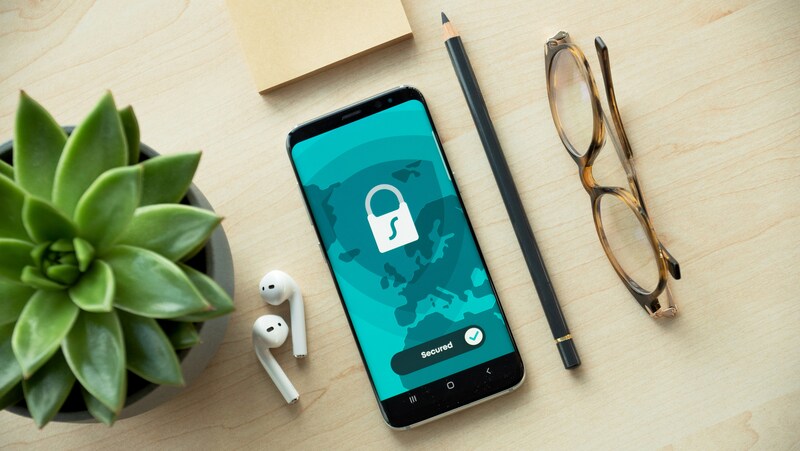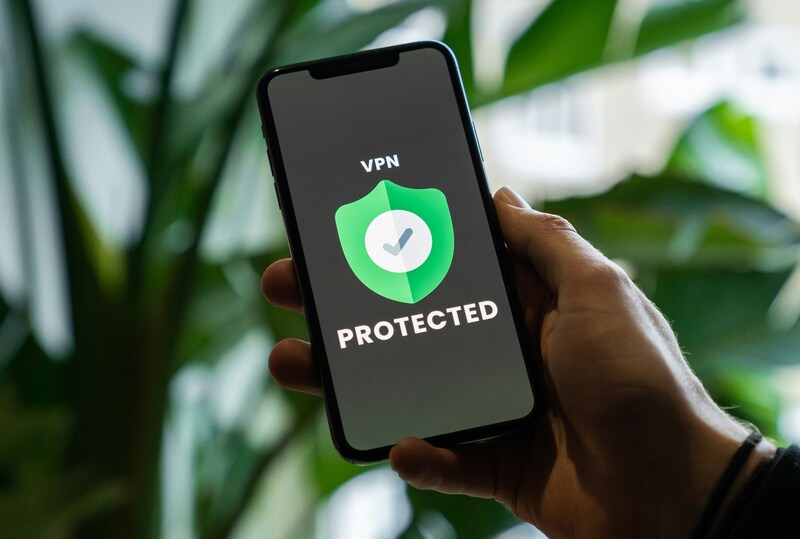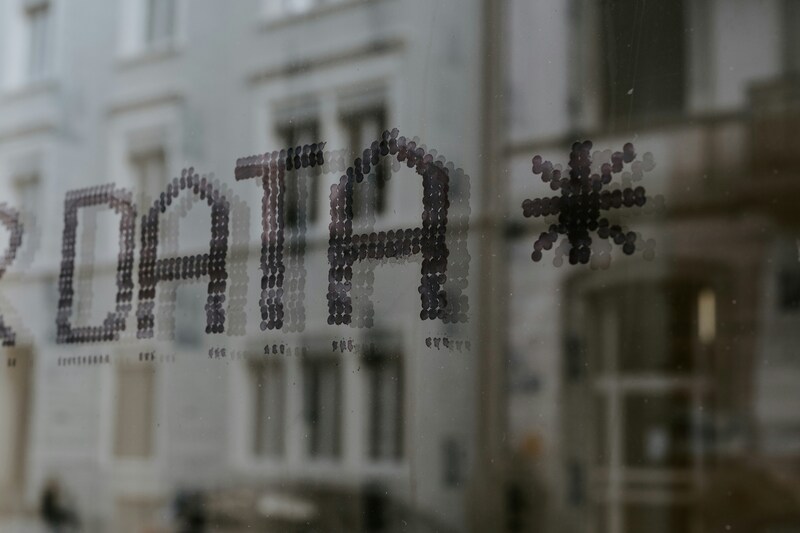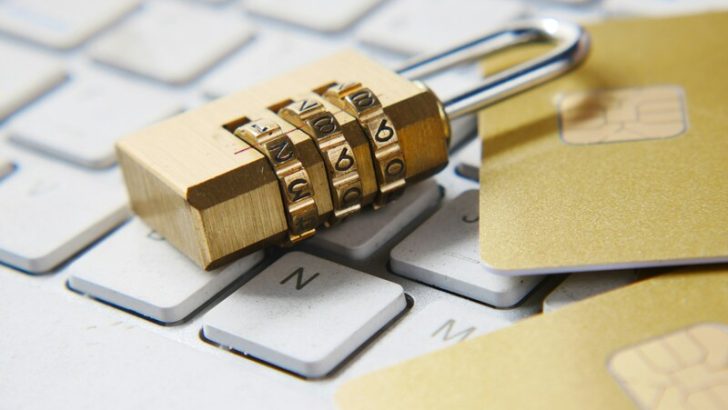Data privacy refers to protecting an individual’s data from public access. Failing to do so can be harmful to the person. Many companies can access their users’ data. That’s why following data protection laws should be a priority for these companies to build trust and avoid unnecessary harm to their customers.
When a party has access to someone’s data, there is a high chance that the party will misuse it. Examples include:
- Criminals can use this data to harass or defraud users and steal identities for loans,
- Entities may sell this data to advertisers or other parties that need it for marketing or advertising. This results in the individual receiving unwanted emails or messages, and
- Stalkers can track and monitor one’s activity, which causes insecurity.
This article will elaborate on the definition, risks, and tips to protect your data from unauthorized parties.
What is Data Privacy?

While privatizing data refers to how personal data is collected, used, and stored, data security refers to methods of protecting personal data from cyberattacks, data theft, breaches, and corruption. Personal data includes name, email, location, and financial info.
In the age of digital marketing, many parties ask permission to access our data before using their service or buying their product. They collect our data from apps, websites, cookies, and social media. While we’re happily providing our data, we’re never really sure about the security system of those companies that store our data.
Common Online Privacy Risks

While we allow some parties to access our data for their marketing, this activity poses a threat to our privacy. Below are some risks that will happen after we allow parties to access personal data.
1. Tracking and profiling by websites and advertisers
Recent findings state that some fitness apps gather information about the time when you sleep, wake, and work out. Other parties can analyze reading habits to identify individual fears, desires, and private interests based on the time the readers spend on an article.
2. Phishing scams and social engineering
Don’t click any link or provide any personal data from a suspicious account. There’s a high possibility that it is a scam. When you get a call from someone claiming to be a bank personnel or IT who asks for your identity, you should be sceptical. End the call, then call the respective party to confirm.
3. Unsecured public Wi-Fi networks
Public W-Fi networks are good mediums for a hacker to eavesdrop on users’ conversations. Don’t use any public networks on your business laptop or mobile phone.
4. Data leaks from apps or services
Whenever we install a new app, the app requests permission to access some data and systems. Our mobile device is vulnerable to data loss or theft, as well as malware that can track our activity.
5. Oversharing on social media
Social media is a great place to connect with people and share activities. However, sometimes, people don’t filter the information they share. Your connections with your online friends might be deep, but they don’t need to know your phone number, address, and daily routines.
Tips to Protect Your Data Privacy

While risks can come from anywhere, privatizing your data is possible. Here are some tips you can do.
1. Use Strong Passwords and a Password Manager
Use strong passwords for your emails, social media accounts, and websites you usually have access to. Strong passwords should contain a combination of letters, numbers, and unique symbols.
You can also further secure your email account using two-factor authentication. This security will notify you when a suspicious device accesses your email or account and make a decision.
Nowadays, browsers provide password management, allowing you to save passwords for every account accessed from that browser. That way, you don’t need to worry about forgetting your complex passwords. As a preventive measure, you can also list your accounts along with their respective passwords on a separate document that you can save on the cloud.
2. Be Careful with Permissions
A newly installed application always asks for permission to access your phone system. Whenever this request pops up, always review the request. Deny any request unrelated to its use. Not all apps should have access to your call logs, camera, and location.
3. Secure Your Connections
Public Wi-Fi is unsafe. Use a VPN whenever you need access to the internet in public places. Only open links secured with “https”.
4. Update Your Software
New malware and viruses are created every day. Updating your apps and programs regularly can prevent your device from corruption caused by new malware.
5. Limit Social Media Sharing
Social media is the place where everyone has access to anything you share on that platform. To prevent any harm, privatize your account and accept friend requests only from people you know in real life, or don’t share personal details and routines.
Personal data is a tool that can either help or harm us. We can use it to access countless apps and websites, but sharing this data with others can allow criminals to misuse it. That’s why protecting data privacy is essential.
Is your data safe enough? Do you need to change your passwords or delete some posts?
